Does Postal still have a place in our culture?
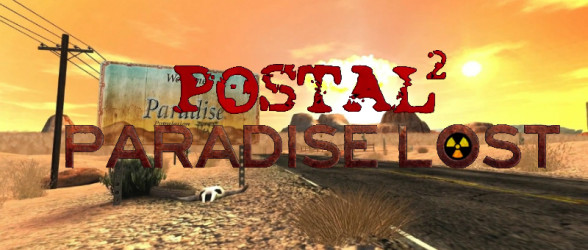
The nineties hosted some of the biggest controversies in video gaming, due to new technical evolutions enabling developers to lend a certain level of visual fidelity to their characters and game worlds. Think of Mortal Kombat, Carmageddon and Twisted Metal: all of these games contained gruesome, gory images of people being killed and maimed beyond recognition, yet Running With Scissor’s isometric shooter Postal took it to a whole new level when it was published in 1997. Instead of pitting a host of psychopaths against each other, this game featured one seriously disturbed individual as he went on a killing spree, destroying nothing but innocent lives in the process.
Although the game itself had received mixed reviews at best, a sequel was released in 2003, spurring a whole lot more controversy than its predecessor due to yet another leap in the graphics department and its first-person gameplay. This was a game in which there was a separate button to (un)zip your pants to… Euhm… Mark your territory. Here, you could walk around in the small town of Paradise, torturing animals, crippling civilians and murdering anyone that would stand in your way – or run away from you, whatever floated your boat. It only took a year for New Zealand to ban the game, followed by Australia, Malaysia, Germany and Sweden. Needless to say, the game almost instantaneously became a cult hit, inspiring no less than three expansions so far.
In the final months of 2011, a third game hit retailers, but it was universally bombed by critics and even Running With Scissors seems to want to forget its very existence. Instead of creating a fourth title, however, they have decided to expand upon Postal 2 once again. They have announced this intention at the 2014 E3 conference, coining their new expansion Paradise Lost. As this will release together with Hatred, another controversial game of killing sprees, it begs the question whether or not this kind of senseless violence still has a place in the modern videogame landscape.
Firstly, we should remember that video gaming, and any other medium with it, is inherently violent. This is obvious in the still booming fighting scene, boasting world tournaments of franchises such as Street Fighter, Injustice: Gods Among Us and Marvel vs. Capcom. However, it is far from limited to this genre. Think of the ever growing fanbase of MOBA’s (Multiplayer Online Battle Arena’s) such as League of Legends, DotA 2 and Smite. Even the almost notoriously childfriendly Nintendo is championed by violent characters: the Mario brothers who wreak havoc on their paths of destruction throughout the Mushroom Kingdom, for example, or Link killing everything that dares stand in his way. Ubisoft’s most recent Rayman adventures have led to many in-game multiplayer slap battles, and its Assassin’s Creed franchise even revolves around the murder of certain high placed political figures. Yet, in all of these titles and genres, rarely is any controversy raised about their violent nature as there is always a higher goal to attain.
This is different in games such as Postal, which offer flimsy stories at best in order to allow gamers to act in whatever way imaginable. It gives players a chance to bring out their worst characteristics and see their most perverse ideas come to life. However, other games do this as well. Think of The Sims, which is marketed as a family friendly title full of cheery people acting out their normal lives. If players want to, they can make their Sims bully and even fight others. Most players will even admit to have tried killing off their characters, and some even try to do this in the most painful way imaginable. Before you think this makes gaming or players “evil,” however, remember that the same and sometimes even a larger amount of violence can be found in cartoons, live action films, as well as in books and song lyrics. Just like with any medium, there are always creators who search for the ethical limits of their expression.
Whereas Postal 2 is arguably most famous for its gratuitous violence, it showed some glitter where others would later shine. The town in which its story takes place is so ironic it borders on downright cynicism, its inhabitants the most hypocritical and stereotypical characters imaginable. “Parents for Decency,” for example, is an in-game organisation of Parents who are demonstrating in front of the Running With Scissors headquarters, blaming videogames for the violent nature of their children. Their demonstration ends, however, when they themselves take up arms and blast their way into the building, shooting every (innocent!) employee. When you look past the smokescreen of pure aggression and psychopathy, a layer of – for its time – sharp social commentary is revealed. When we look at masterpieces such as Grand Theft Auto V, which is often more subtle and of course boasts many other features, it’s hard not to think of the influence a game like Postal will have had on its development.
In conclusion, I would state that a new Postal 2 expansion definitely has its place in our contemporary culture, as long as its developers make it at least as satirical as the original. Whereas the game has always delivered an over-the-top kind of recklessness, they should try to cross even their own boundaries until they reach a point where it is near impossible to take it all seriously. Let’s take a lesson from the game itself, which constantly emphasised and even rubbed our noses in the fact that it is, after all, just a game. As the title of the 2015 expansion is “Paradise Lost,” also the title of John Milton’s epic poem – one of the great English literary satirists, who also happened not to shy away from some good old controversy – there should be at least a sparkle of hope for some decent satire. Let us end this column with some thought provoking words from Milton himself:
The mind is its own place, and in itself
Can make a heav’n of hell, a hell of heav’n.
1 Comment
Leave a Reply
You must be logged in to post a comment.

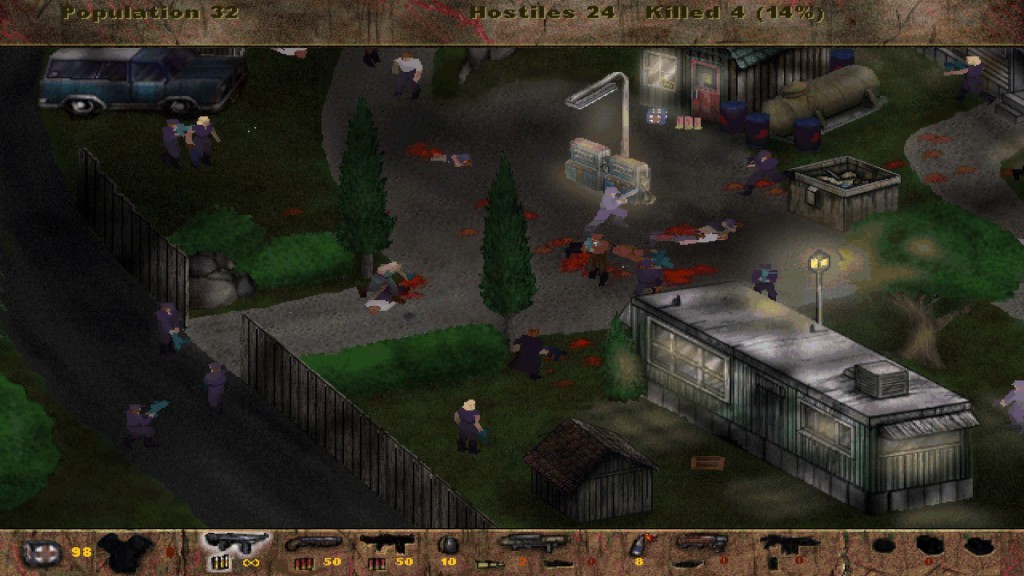
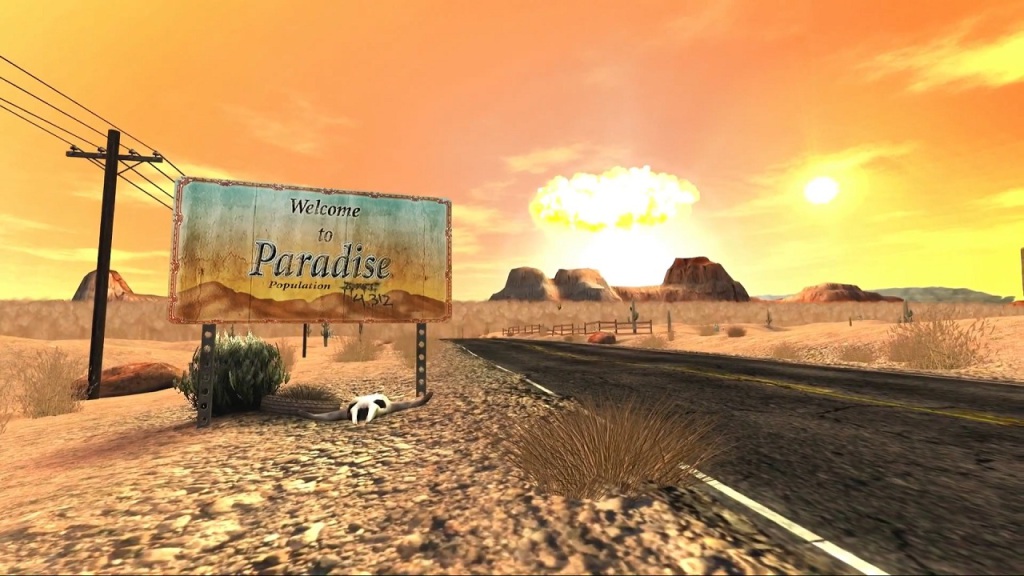
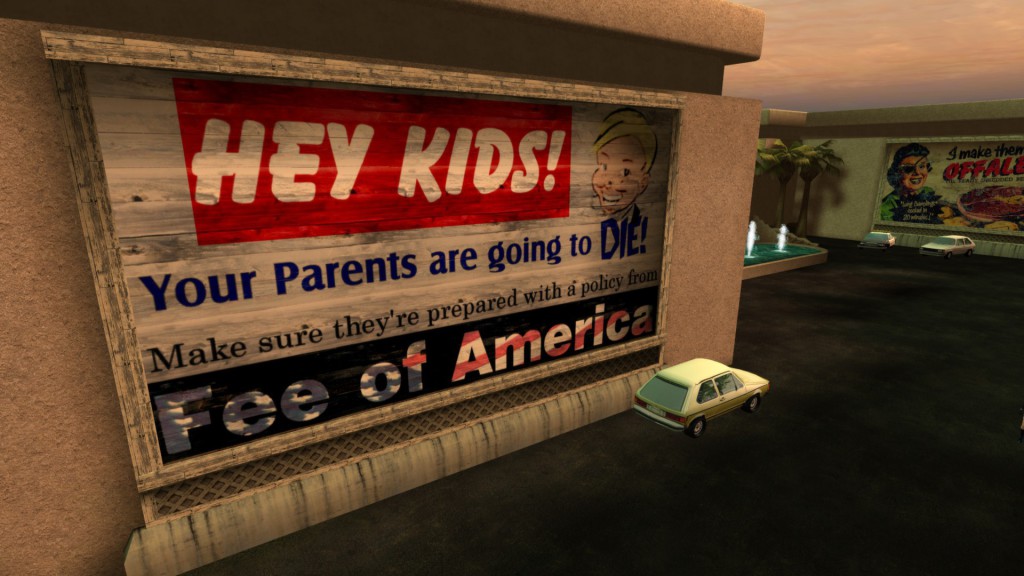
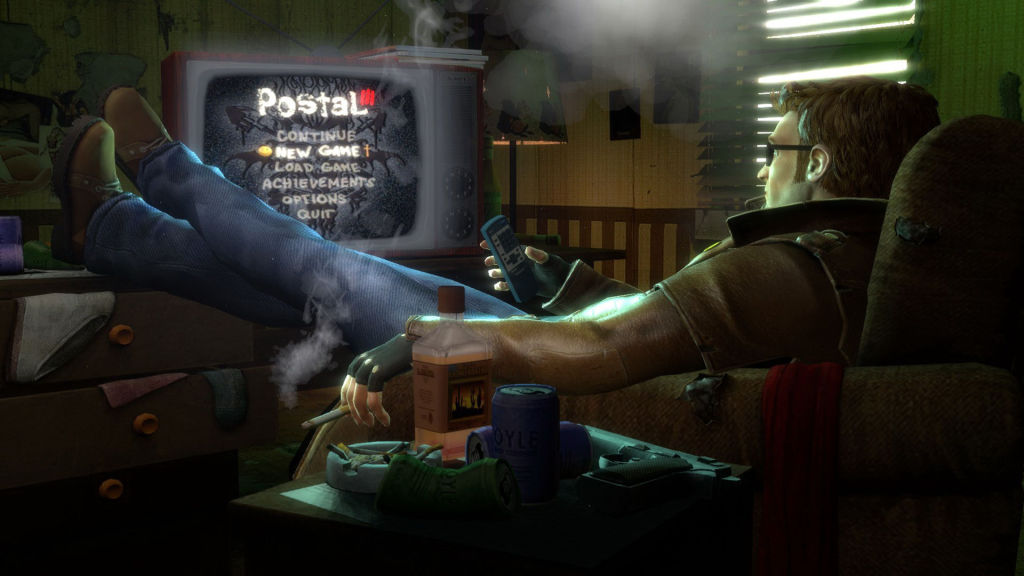
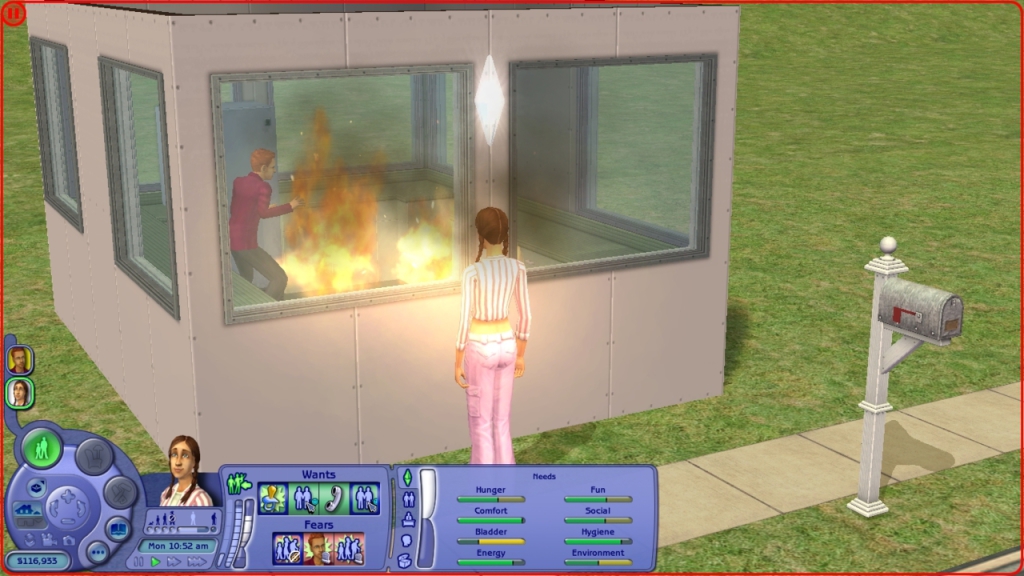

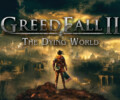



Thumbs up Tom! Very nice job!